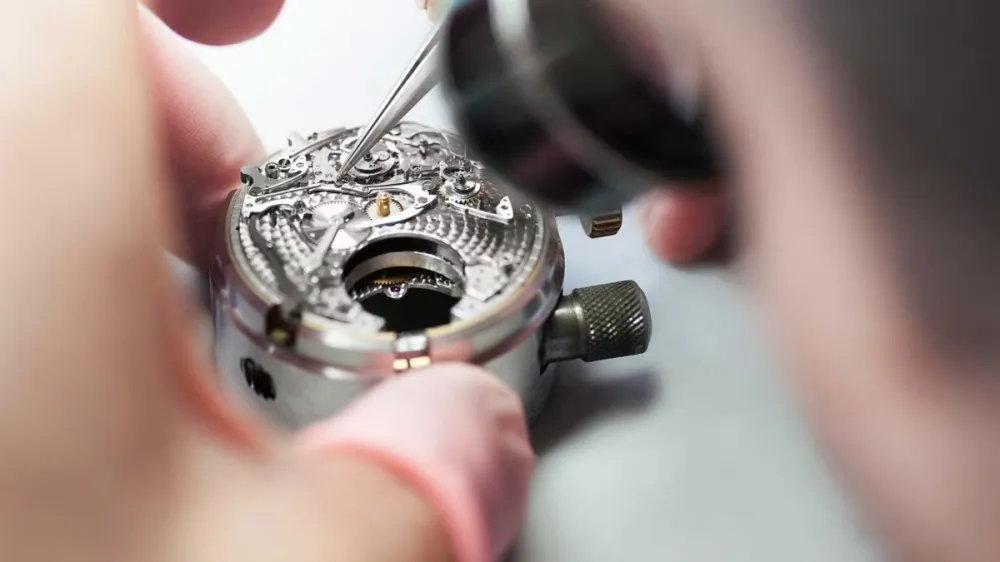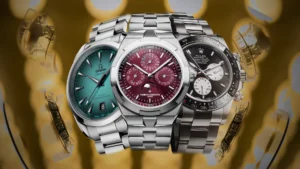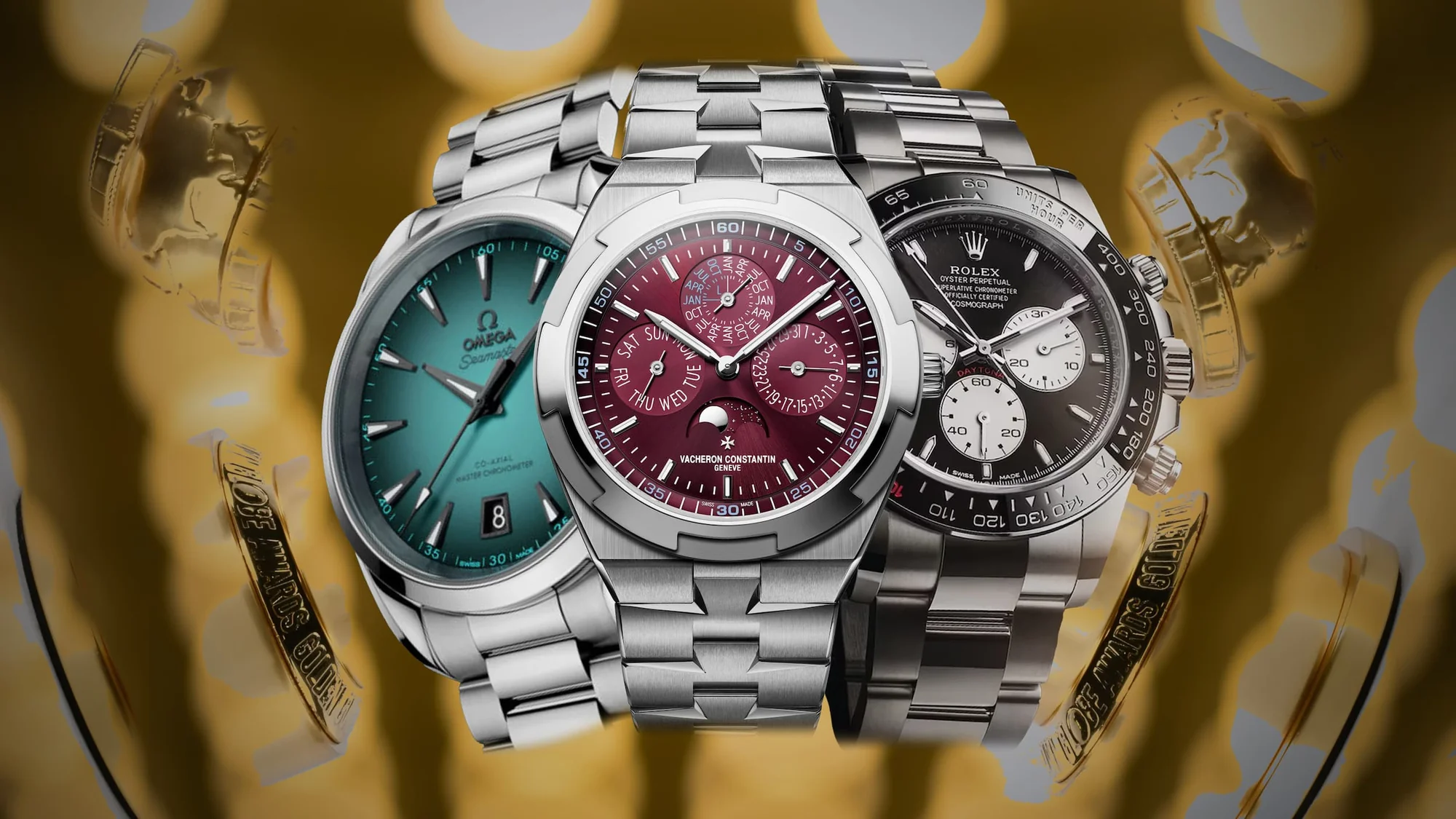The foundations of success in the world of luxury watches have been craftsmanship, exclusivity, and brand prestige. What makes luxury timepieces so appealing, however, is in jeopardy due to current tendencies in overproduction, which disturbs the equilibrium between supply and demand. Some of the most senior executives in the business have shown a profound awareness of this equilibrium by advocating for more tightly regulated production, which will guarantee that high-end timepieces will continue to be associated with exclusivity and excellence.
The Present Situation of High-End Watch Manufacturing
Demand for high-end timepieces has skyrocketed in recent decades, driven mostly by demand in developing economies. Brands have increased production to keep up with the jump in demand, but some are worried that they will lose the uniqueness and quality of these watches in the process. The value of even the most recognizable brands can be diminished if production levels are allowed to rise too high and the market becomes oversaturated.
Causes and Effects of Overproduction on Brand Value
Luxury watches are more than simply a means of telling time; they are emblems of affluence, lineage, and social standing. Their rarity is part of what makes these timepieces so desirable. Brands run the danger of diluting the value of once-rare and treasured items when they mass-produce them. The public’s opinion of the brand is affected by this. Luxury watch buyers anticipate not only top-notch craftsmanship but also the satisfaction that comes from knowing their timepiece is truly unique.
There is more to a luxury watch than meets the eye; its value is intrinsic to the story and heritage of the brand. If there is too much production, there will be too much inventory, which usually means lower prices, less resale value, and less prestige. Watches from brands that prioritize limited production run the risk of becoming commodities rather than status symbols, protecting the brand’s reputation in the process.
The Value of Quality Control in High-End Timepieces
Top luxury watchmakers are increasingly adopting the strategy of regulated manufacture. In keeping with the principles that have traditionally characterized the luxury market, this strategy emphasizes quality rather than quantity. Brands can guarantee that each watch is hand-made with extreme care because they limit production. This not only ensures that the timepieces are of the greatest quality but it also makes them seem even more exclusive.
Limited manufacturing also gives watchmakers more leeway to experiment and come up with one-of-a-kind creations. The one-of-a-kind nature of limited editions, special releases, collaborations, and other such items makes them highly sought after by collectors and fans. Watch companies are able to keep their appeal and relevance in a competitive market through the use of controlled manufacturing.
Methods Used by Richemont to Regulate Supply
Cartier and IWC are part of the Richemont family of brands, and the latter has long advocated for strictly regulated manufacturing. In order to preserve the prestige of the Richemont brand, CEO Johann Rupert has stressed the significance of reducing the production of high-end timepieces. Richemont knows that the story and experience that goes into each watch are more important than the price tag when it comes to defining luxury.
Reducing manufacturing allows Richemont to keep each watch unique, which furthers the notion that luxury is a privilege rather than a commodity. Collectors and fans still want limited-edition and unusual models from Richemont’s illustrious brands, so this tactic is working.
The Advantages of Supply Management for Watchmakers in the Long Run
Controlled production has long-term benefits for luxury watchmakers beyond the short-term benefits of keeping the brand exclusive. Some examples are:
Demand that lasts: People will always want more of a limited-edition product. Products with a limited supply tend to fetch a higher price from consumers.
The Final Thoughts on the Future of High-End Watches
Striking a balance between meeting increasing demand and maintaining uniqueness is a problem for the luxury watch industry. Controlled manufacturing is the answer to preserving the prestige of the brand and its long-term success, whereas overproduction dilutes the fundamental essence of what makes these watches valuable.










